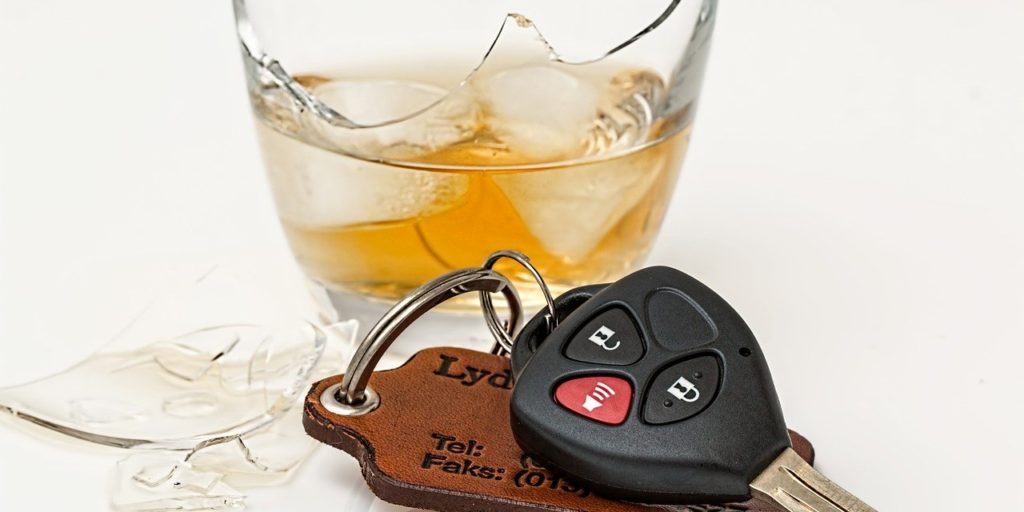- Rail blockade illustrates the ambiguity of legal rights - March 4, 2020
- ‘Colonial policing’ in Indigenous communities a complex issue: Grey - February 3, 2020
- Supreme Court of Canada decision is a call to action for the Crown: Grey - January 15, 2020
New legislation granting police more discretion during roadside checks could soon face court challenges, criminal lawyer Leighton Grey says.
Prompted by the legalization of marijuana, Bill C-46 changed Canada’s impaired driving laws and gave police enhanced powers to conduct roadside intoxication tests.
Grey, a senior partner with Grey Wowk Spencer LLP, says the legislation is flawed and will undoubtedly face appeal under several sections of the Charter.
“This new legislation says that the police officer no longer has to have that reasonable suspicion, that they can basically stop anybody on the roadside and have them provide a sample of their breath or submit to the new roadside testing for marijuana consumption,” he says. “It’s a big change in the law, and I don’t think most Canadians realize the implications of it.”
Grey says the legislation strips away “a layer of protection” and could lead to abuse.
“Previously, a police officer observing a driver would have to find some kind of objective criteria to make an arrest, such as an aberrant driving pattern or if they stop the person to check for proper insurance and licensing and notice things that would indicate the driver had been drinking, such as slurring,” Grey says. “The officer could use their observations and training to form an opinion that the person was impaired.”
However, he says the new legislation gives police unfettered power “to stop anybody and demand a breath sample or have them submit to the new roadside testing.”
“What you risk is that police can require people to provide a bodily sample even though they really have no objective basis for making that demand — and that’s a serious issue,” Grey says. “This is a slippery slope. By removing the requirement that a police officer must have a reasonable, objective suspicion, it abdicates the accountability that they would normally have for making that demand.”
He says he believes there will soon be a test case involving someone who, for religious reasons, for example, doesn’t use any kind of intoxicants and has been “placed in the position where they’re ignominiously subjected to providing a roadside sample” without reasonable cause.
Grey says “the public good would be better served” by the government investing in enhanced training for police officers.
“If they were better trained to spot and identify issues, and to exercise their discretion on the roadside in a reasonable way, these prosecutions would be more successful,” he says.
While Grey acknowledges the importance of reducing impaired driving, he doubts “casting a wider net to catch more offenders” is the answer.
“Is that necessarily going to reduce the number of impaired numbers or is it just going to catch more people?” Grey asks.
As well, he says being arrested for impaired driving is a “very stigmatizing thing, so when you make it easier for the police to arrest and charge people, there’s a greater risk that we’re going to have wrongful prosecutions.
“It’s going to be an interesting argument when this law is challenged, and it certainly will be disputed in more than one province,” Grey says.
He says he expects to see appeals launched within “the next year to 18 months,” adding there will likely be challenges under sections of the Charter that ensure the right to counsel, protection against unreasonable search and seizure, and arbitrary detention.
“I’m very interested to see what the appeals are going to look like,” Grey says. “I expect those three Charter rights are going to be triggered and perhaps maybe even s. 7, which protects the right to liberty and security of the person because if you are stopped on the roadside without reasonable justification, arguably that’s a restriction of your liberty.”

